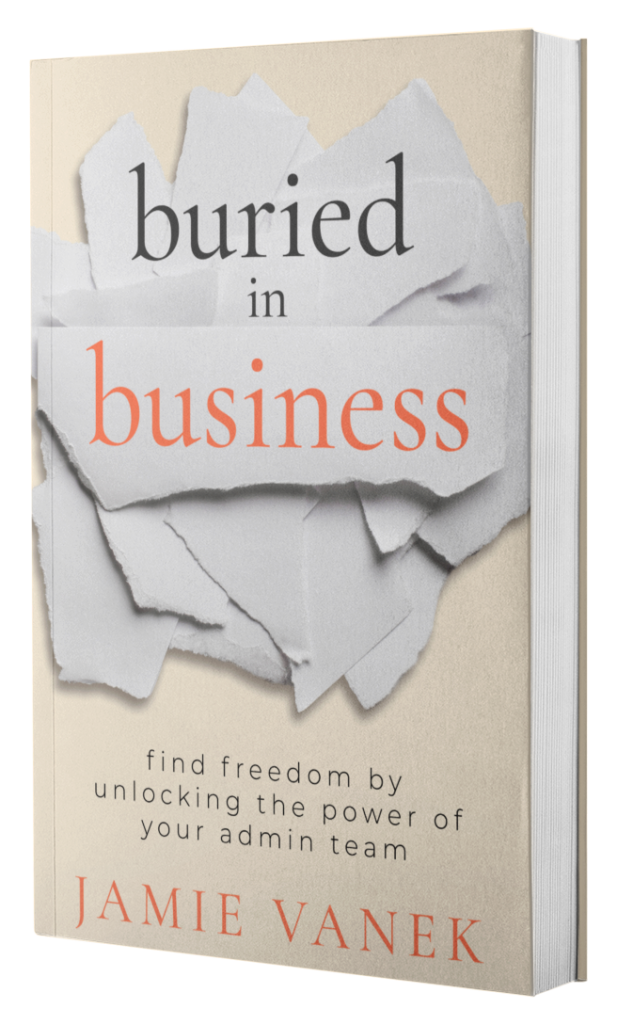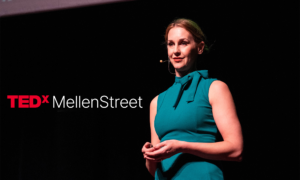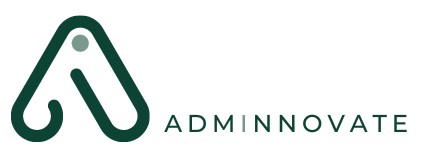Master Your Focus: Stop Letting Distractions Control Your Workday
After the stress of a normal day, I decided to go for a quiet walk one evening to clear my head. Deadlines were piling up, emails were unanswered, and I had recently signed up for a professional development course. My mind felt cluttered, and I needed to regroup.
During my walk, I focused on a mindful practice I had read so much about. I listened to the crunch of my shoes on the road, the sound of reeds gently tapping against each other in the breeze—still dry from the winter. Birds chirped mid-flight, while others called from distant trees. The air smelled like fresh, damp soil, ready for Spring. My mind began to settle as I immersed myself in the details of my surroundings.
Then, as I approached a cross street, a hum stole my attention. It stopped and started again as a woman was torching the weeds on her driveway. I watched her and grew anxious—she was dangerously close to the gas tank of a parked car.
During those brief minutes that I watched and worried about this woman, something interesting happened: I didn’t hear the reeds. I didn’t hear the birds. I didn’t even hear my own footsteps. All those sounds—the ones I had been so aware of—completely vanished from my perception.
Had those sounds really stopped? Of course not. But in that moment, they ceased to exist for me because my focus had shifted entirely.
Workplace Distractions and Other People’s Priorities
This experience is a perfect metaphor for work. Just like my walk, the way we direct our attention determines what we perceive as important. But too often, we get distracted by new projects, constant emails, last-minute requests—or worse, by other people’s urgent (but not truly important) priorities. We lose sight of what really matters in our own roles and careers.
Many professionals have shared their stories of overwhelm, exasperated at the number of tasks and requests on their plates. They are frustrated with the lack of time to dedicate to the important goals that move the business forward. Shannon has too many managers requesting unrelated bits of information from her, pulling her in all directions. Bill can’t get his core work done when half his day is consumed with meetings. Tracy wants to dive into the new initiative, but can’t get unburied from her Inbox.
Think about it: how often do we get pulled into meetings that don’t require our input? How often do we drop our important tasks to respond to emails the moment they arrive? How often do we take on extra work that doesn’t advance our career or fulfill our job responsibilities, simply because someone else asked?
When we focus on the wrong things at work, we become blind to the tasks and opportunities that actually help us succeed. The key to being effective isn’t doing more—it’s doing the right things with intention.
Prioritization: Directing Your Attention to What Matters Most
If we want to avoid being distracted by shiny objects and other people’s priorities, we have to take control of where we place our attention. You cannot wait for your supervisor to organize your day for you. You cannot expect someone else to take things off your plate unless you’ve first figured out what and how. This starts with prioritization. Here’s how:
- Clarify Your Key Responsibilities – What are the most critical tasks in your role? Focus on what truly drives results and contributes to your success.
- Use the Urgent-Important Matrix – Not everything that feels urgent is important. Prioritize tasks that align with your long-term goals instead of just reacting to the latest request.
- Set Boundaries for Your Time – Block out focused work time on your calendar and don’t let distractions creep in.
- Push Back on Unnecessary Work – If someone asks you to take on something that doesn’t align with your responsibilities, don’t be afraid to ask, “Is this the best use of my time?”
- Regularly Reevaluate Your Focus – At the end of each week, take a moment to reflect: Did I spend my time on what matters most, or did distractions take over?
Stay Focused, Stay Ahead
Just like the birds and the reeds were still there during my walk, the most valuable aspects of our work—growth opportunities, meaningful projects, and career advancement—are always present. But if we let distractions take over—whether it’s unnecessary meetings, endless emails, or someone else’s sense of urgency—we risk losing sight of what truly matters.
Attention is our most valuable resource. Let’s spend it wisely.








